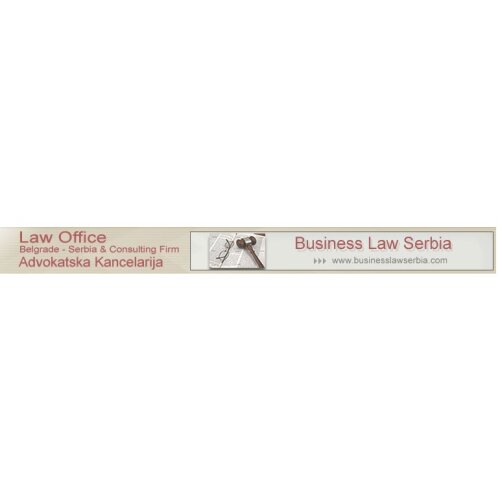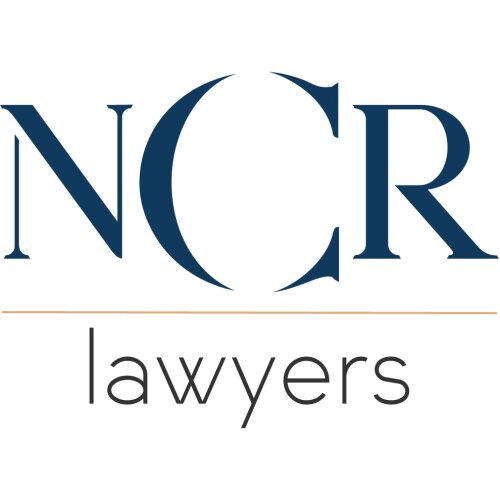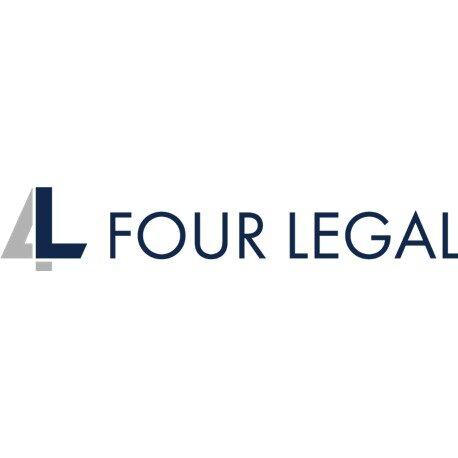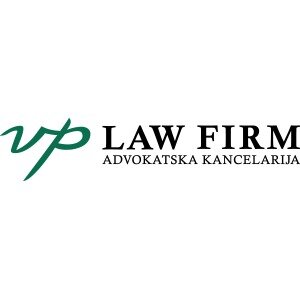Best International Trade Law Lawyers in Belgrade
Share your needs with us, get contacted by law firms.
Free. Takes 2 min.
List of the best lawyers in Belgrade, Serbia
Legal guides written by Business Law office - Advokatska Kancelarija:
- Why Invest In Serbia
About International Trade Law in Belgrade, Serbia
International Trade Law in Belgrade, Serbia, is a dynamic and evolving field shaped by Serbia's strategic location in the Balkans, its commitment to European integration, and its participation in various international organizations. The practice involves a complex mix of domestic legislation, European Union (EU) regulations (for harmonization purposes, as Serbia is a candidate for EU membership), and international treaties. Key areas include export and import regulations, customs duties, trade agreements, compliance with international business standards, and dispute resolution. Companies engaged in cross-border trade must navigate a legal landscape influenced by international trade policies and Serbia's domestic economic policies.
Why You May Need a Lawyer
Engaging in international trade can present numerous legal challenges and complexities. Here are some common situations where you might require legal assistance:
- Understanding and complying with import and export regulations.
- Negotiating and drafting international sales contracts.
- Handling customs disputes and tariffs.
- Ensuring compliance with international trade agreements and sanctions.
- Resolving disputes related to trade and investment.
- Navigating the regulatory requirements for entering new markets.
- Dealing with issues pertaining to intellectual property rights in the context of trade.
Local Laws Overview
In Belgrade, Serbia, the framework for International Trade Law includes various key legislations and regulatory bodies:
- The Law on Foreign Trade Transactions regulates the conditions and procedures for conducting trade between Serbia and other countries.
- The Customs Law outlines procedures for customs-related issues and duties applicable to imports and exports.
- The Anti-Dumping Law aims to protect domestic industries from unfair trade practices.
- Serbia’s alignment with EU directives and regulations, especially those related to product standards, consumer protection, and competition law.
- Membership in the World Trade Organization (WTO) impacts the country's trade policies and dispute resolutions.
- Various bilateral and regional trade agreements affect tariffs and trade conditions with specific countries.
Frequently Asked Questions
What is International Trade Law?
International Trade Law governs the rules and customs for handling trade between countries, including tariffs, trade agreements, import/export controls, and dispute resolution.
Do I need a lawyer to start trading internationally in Serbia?
While not legally required, consulting a lawyer can help ensure compliance with local and international regulations, reducing the risk of legal complications.
What are the main documents required for importing goods into Serbia?
Key documents usually include a commercial invoice, bill of lading, packing list, certificate of origin, and any relevant licenses or permits.
How does Serbia's candidate status for EU membership affect international trade?
Serbia’s EU candidate status means that it is aligning its laws with EU standards, which can have implications for customs, trade agreements, and regulatory compliance.
What are tariffs and who determines them in Serbia?
Tariffs are taxes imposed on imported goods. In Serbia, these are determined by domestic laws, consistent with commitments under international agreements like those with the WTO.
How can trade disputes be resolved?
Disputes can be resolved through domestic courts, international arbitration, or through dispute resolution mechanisms outlined in trade agreements.
Are there any restrictions on exporting goods from Serbia?
Yes, certain goods may be restricted due to international sanctions, national security, or environmental protection laws. Legal advice can clarify these restrictions.
What are some compliance issues to consider when trading internationally?
Key issues include adherence to international trade laws, avoiding sanctions, ensuring product standards, and honoring intellectual property rights.
What role do bilateral trade agreements play in Serbia’s trade law?
These agreements determine specific trade terms, such as reduced tariffs or quotas, with partner countries, affecting the legal and business landscape.
Can a lawyer help with negotiating trade agreements?
Yes, a lawyer can provide valuable insights, draft contracts, and ensure agreements comply with local and international laws.
Additional Resources
Here are some resources that can assist those in need of International Trade Law guidance in Belgrade:
- The Ministry of Trade, Tourism, and Telecommunications provides information and support for trade activities.
- Chambers of Commerce, such as the Belgrade Chamber of Commerce, offer resources and networking opportunities.
- Trade associations and business councils with ties to Serbia can offer insights into regional trade dynamics.
- World Trade Organization (WTO) resources for global trade rules and dispute resolutions.
- Legal firms specializing in international trade law can offer personalized advice and representation.
Next Steps
If you require legal assistance in International Trade Law in Belgrade, follow these steps:
- Identify the specific legal issues or questions you have concerning your trade activities.
- Research law firms or legal practitioners specializing in International Trade Law in Serbia.
- Contact several firms for consultations to discuss your needs and potential legal strategies.
- Engage a lawyer who best understands your business needs and can provide comprehensive legal support.
- Stay informed on legal updates and new trade regulations by subscribing to relevant newsletters or engaging with trade associations.
Lawzana helps you find the best lawyers and law firms in Belgrade through a curated and pre-screened list of qualified legal professionals. Our platform offers rankings and detailed profiles of attorneys and law firms, allowing you to compare based on practice areas, including International Trade Law, experience, and client feedback.
Each profile includes a description of the firm's areas of practice, client reviews, team members and partners, year of establishment, spoken languages, office locations, contact information, social media presence, and any published articles or resources. Most firms on our platform speak English and are experienced in both local and international legal matters.
Get a quote from top-rated law firms in Belgrade, Serbia — quickly, securely, and without unnecessary hassle.
Disclaimer:
The information provided on this page is for general informational purposes only and does not constitute legal advice. While we strive to ensure the accuracy and relevance of the content, legal information may change over time, and interpretations of the law can vary. You should always consult with a qualified legal professional for advice specific to your situation.
We disclaim all liability for actions taken or not taken based on the content of this page. If you believe any information is incorrect or outdated, please contact us, and we will review and update it where appropriate.

















